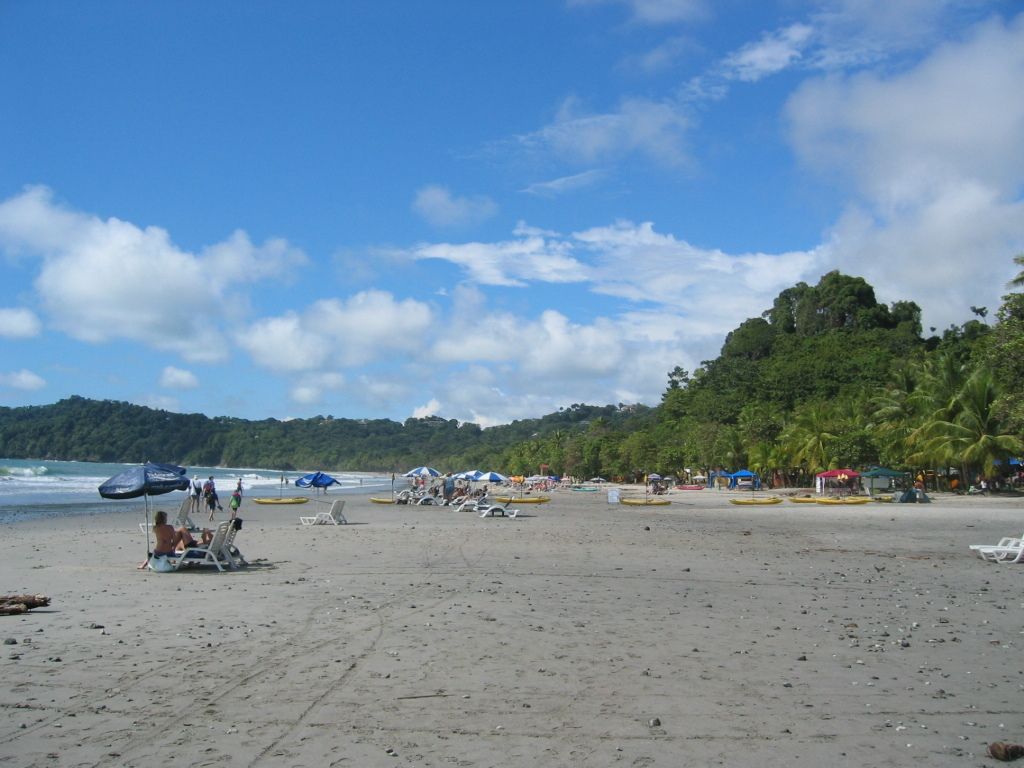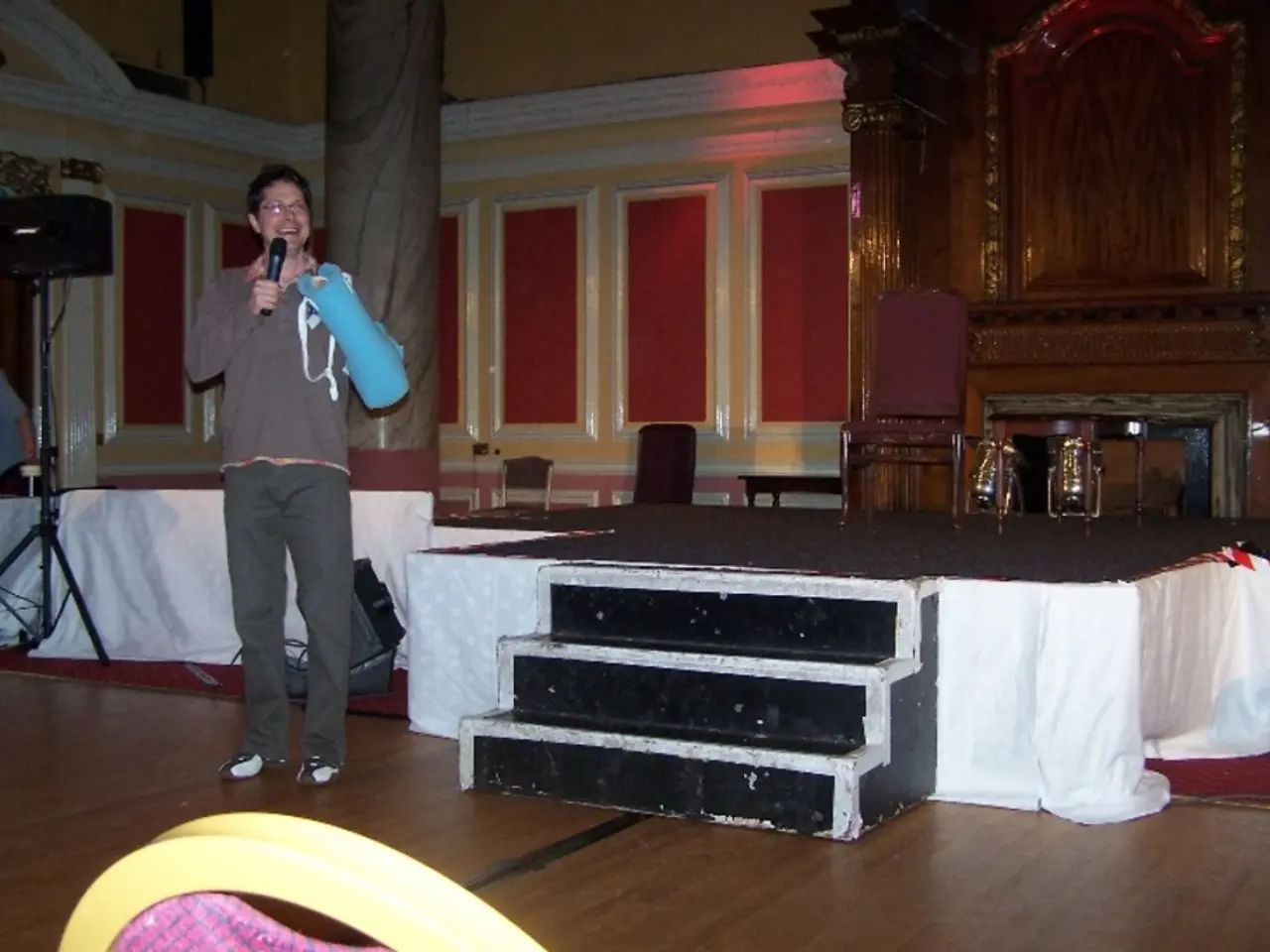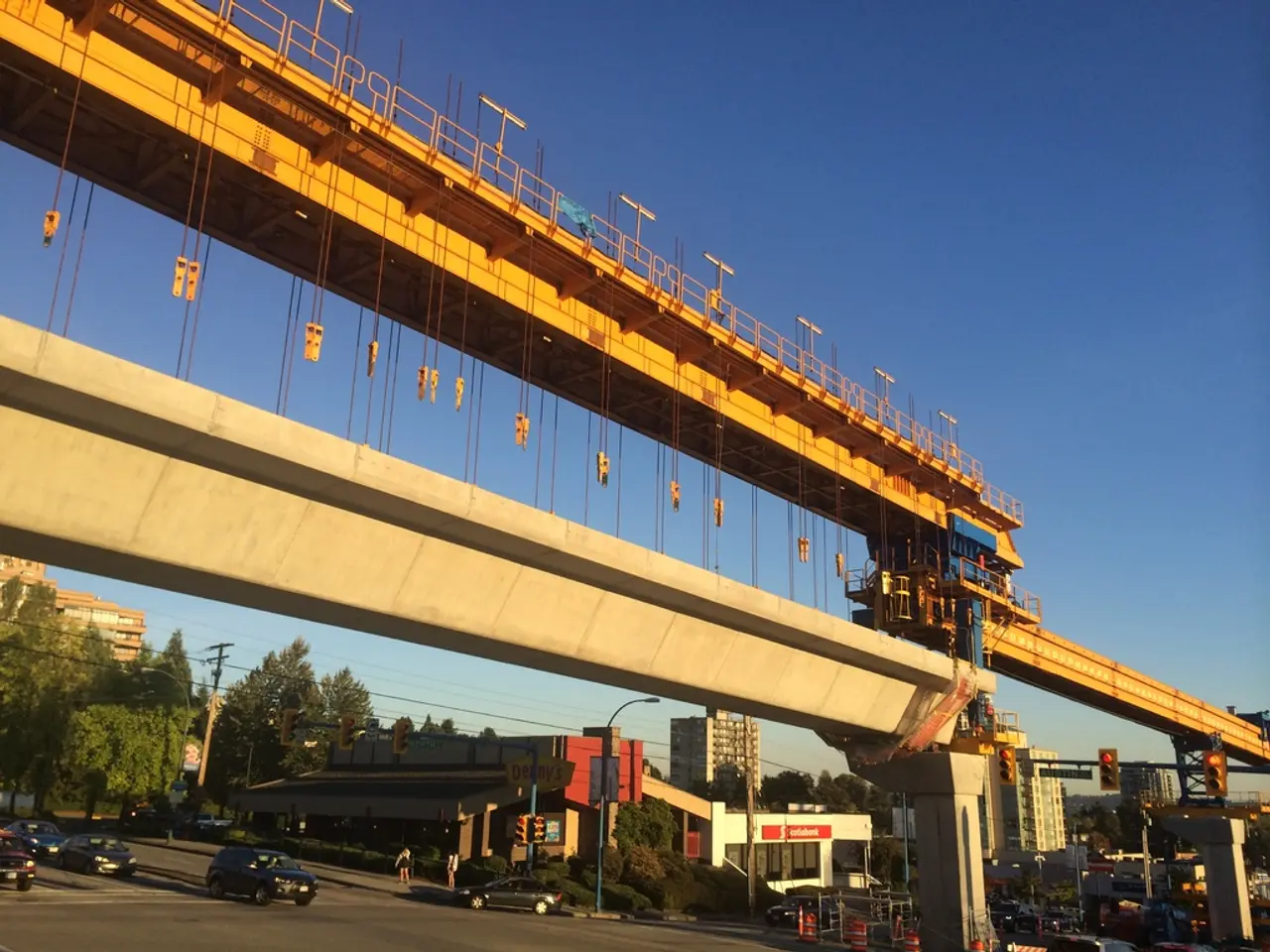Israel's attacks hinder the progress of Iran's nuclear negotiations, according to Iranian officials.
Jerusalem: Tensions Escalate as Iran Accuses Israel of Sabotaging Diplomacy
In a candid discussion with his French, British, German, and European counterparts, Iran's Foreign Minister Abbas Araghchi deemed Israel's aggressive attacks on Iran as a "devastating blow" to diplomacy efforts, a report from his office stated.
The confrontation between Iran and Israel, taking place against the backdrop of nuclear talks with the United States, poses significant challenges to diplomacy's successful outcome.
Underground Shield or Just a Mirage?
Recent International Atomic Energy Agency (IAEA) reports suggested that Iran's critical Fordow enrichment site, capable of enriching uranium up to 60%, remains largely undamaged from the Israeli airstrikes. However, the potential for further attacks looms large, potentially with US support.
The Dance of Diplomacy Resumes, Yet Challenges Persist
Although Iran seems open to continuing the nuclear talks, they have set their preconditions, including Israel ceasing its attacks on Iran and Iran finishing its retaliatory measures. The US, under the Trump administration, has proposed a meeting between US envoy Steve Witkoff and Abbas Araghchi to discuss potential agreements and methods for averting war.
Stalemates in past negotiations hinge on Iran's uranium enrichment capabilities, a point that appears far from resolution. Iran insists on keeping its enriched uranium within its borders, while the US demands foreign transfer of this material as a prerequisite for the lifting of economic sanctions. Additionally, Iran seeks guarantees against possible future US withdrawal or agreement violations.
trust runs deep on either side. Although earlier talks were described as constructive, differences persist, particularly regarding uranium enrichment and enforcement guarantees.
A Dangerous Dance of Pressure and Negotiation
Israeli assaults on Iran's nuclear program and senior commanders have raised tensions and added a layer of military pressure meant to curb Iran's nuclear ambitions. Some analysts suggest the US's possession of "bunker busters" capable of destroying Iran's subterranean enrichment facilities could serve as leverage in negotiations for the Trump administration.
In conclusion, while a diplomatic window exists with proposed or scheduled talks involving Iran, the US, and European parties, the situation remains tense and intricate. Israeli actions have increased the pressure on Iran but have also strengthened positions, making a resolution elusive. Ultimately, whether Iran feels sufficiently pressured to engage seriously and whether Israel and the US continue or up the ante against Iran's nuclear sites will determine the outcome of these delicate negotiations.
- The United States could potentially use its possession of "bunker busters" as leverage against Iran's enrichment facilities during the ongoing diplomatic negotiations, as Israel's attacks have increased pressure on Iran but also solidified its positions.
- Amidst a renewed dance of diplomacy, Iran has set preconditions for the continuation of nuclear talks, including a ceasefire on Israeli attacks on Iran and the conclusion of Iran's retaliatory measures, mirroring the complex tensions that persist, particularly concerning uranium enrichment and the need for guarantees against future US withdrawal or agreements violations.








